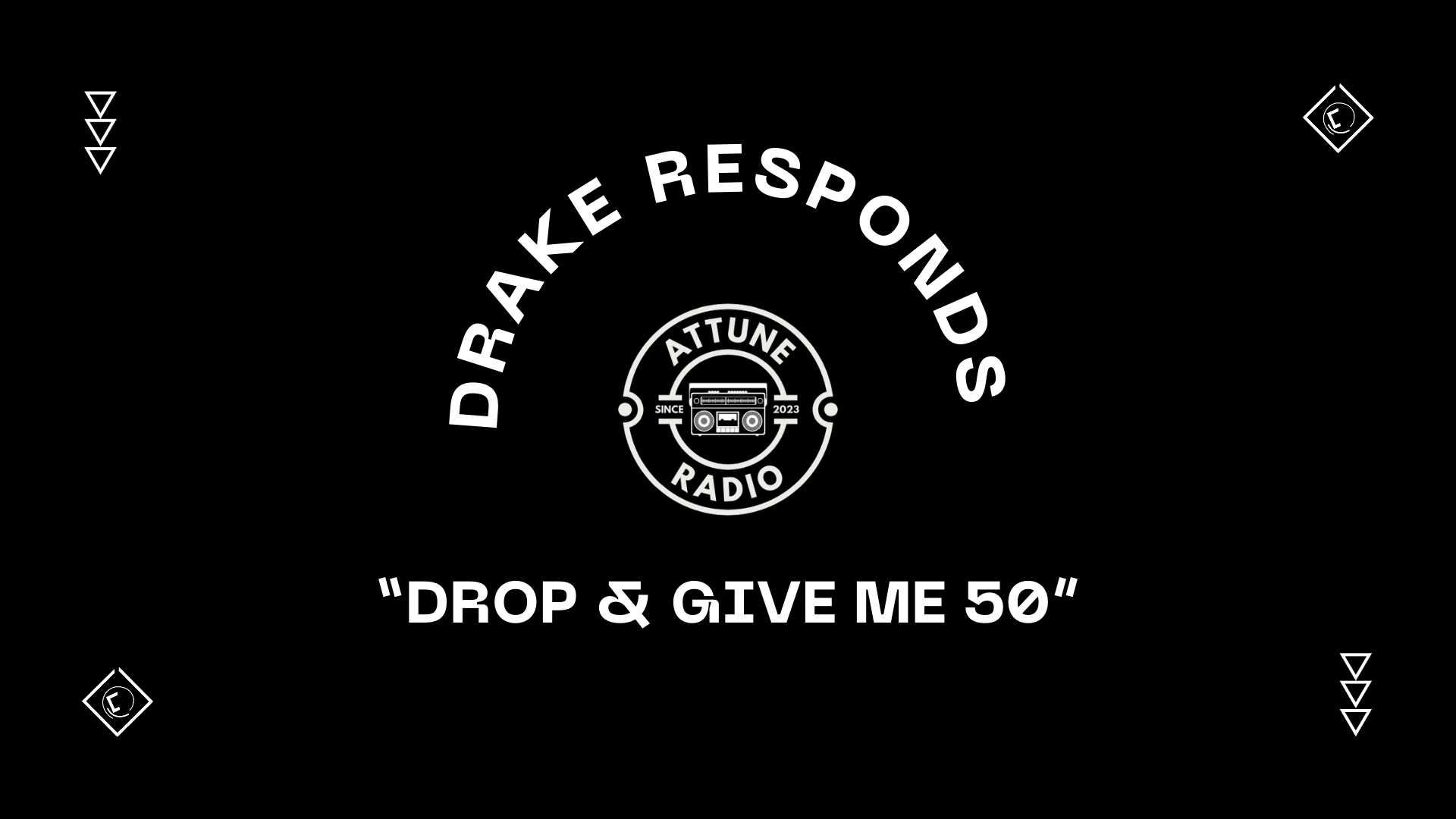-
Empty cart
No products in the cart.
Return to Shop

The landscape of entertainment has undergone a seismic shift in recent years, with content creators and independent artists emerging as the new vanguards of the industry. This digital renaissance is not just reshaping how we consume music, movies, and games, but also how these forms of entertainment are created, marketed, and distributed. Let’s dive into the current state of this vibrant ecosystem and explore the trends that are defining the future of entertainment.
The Rise of Streaming Platforms
Streaming services like Spotify, Apple Music, and YouTube have revolutionized the music industry by providing artists with direct access to millions of listeners worldwide[^1][^2]. These platforms have democratized music distribution, allowing independent artists to bypass traditional gatekeepers and reach their audience without the need for a record label. The result is a more diverse and dynamic musical landscape where niche genres and emerging artists can find their place in the spotlight.
Video Games and Interactive Entertainment
The video game industry has also seen a surge in independent developers making their mark. Platforms like Twitch have not only become a hub for gamers to stream their gameplay but have also provided indie game developers with a space to showcase their creations^3. This has led to the success of many small-scale games that might have otherwise gone unnoticed in the crowded marketplace.
The Film Industry’s New Wave
Independent filmmakers are leveraging platforms like Amazon to distribute their movies directly to viewers^4. This bypasses the traditional film distribution channels, which often favor big-budget productions over indie films. The rise of streaming services has also led to an increase in the production of original content, providing filmmakers with more opportunities to tell diverse stories.
Anime: A Global Phenomenon
Anime has transcended its niche origins to become a global phenomenon, thanks in part to streaming services that make these shows accessible to international audiences^5. The unique storytelling and visual style of anime have captured the imagination of viewers worldwide, leading to increased investment in the production of new series and movies.
Marketing in the Digital Age
Marketing has always been a crucial aspect of the entertainment industry, but the digital age has transformed how it’s done. Social media platforms have become essential tools for artists and creators to build their brand and engage with fans^6. Content marketing, influencer partnerships, and targeted advertising are just some of the strategies being employed to cut through the noise and capture the attention of audiences.
The Creator Economy
The creator economy is booming, with platforms like Patreon and Substack enabling creators to monetize their content directly through subscriptions and memberships[^7]. This has given rise to a new class of entrepreneurs who are building sustainable businesses around their creative output.
The Future of Entertainment
As we look to the future, it’s clear that technology will continue to play a pivotal role in shaping the entertainment industry. Virtual reality, augmented reality, and artificial intelligence are poised to offer even more immersive and personalized entertainment experiences. The rise of blockchain technology and NFTs is also creating new possibilities for creators to own and profit from their work in ways that were previously unimaginable.
In conclusion, the entertainment industry is in the midst of a digital renaissance, driven by content creators and independent artists who are leveraging technology to reach audiences and build their careers on their own terms. As this trend continues, we can expect to see even more innovation and diversity in the music, film, and gaming industries, making this an exciting time to be both a creator and a consumer of entertainment.
[^1]: Music Business Worldwide
[^2]: Music Ally
[^7]: Raleigh News & Observer




